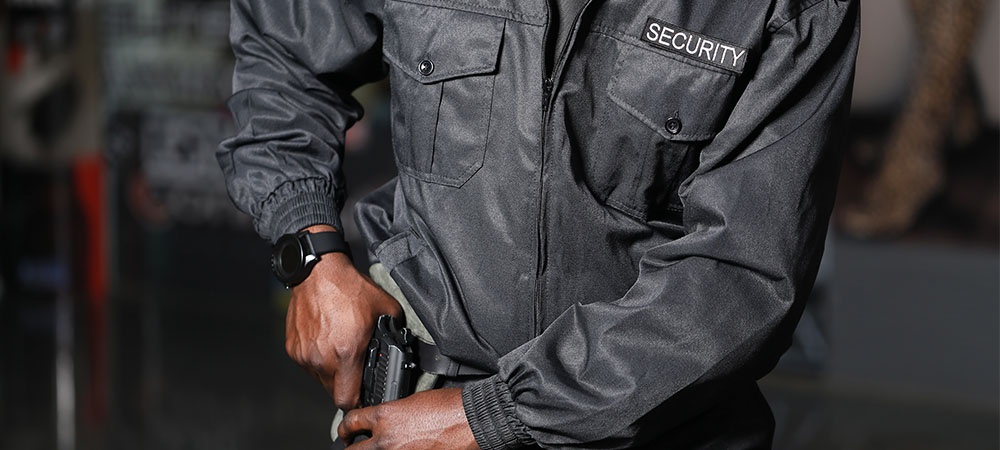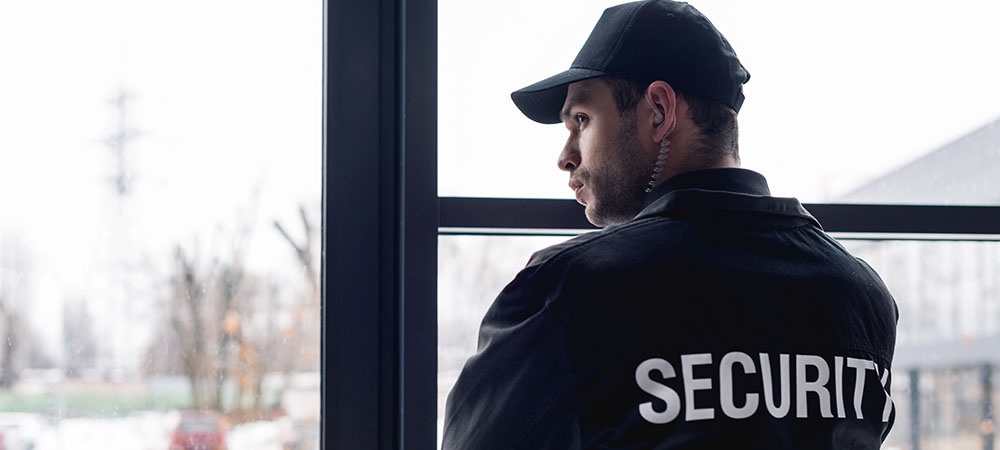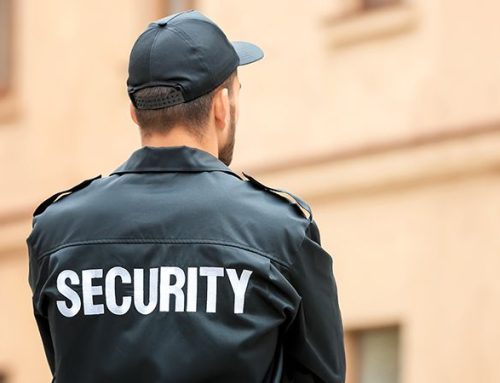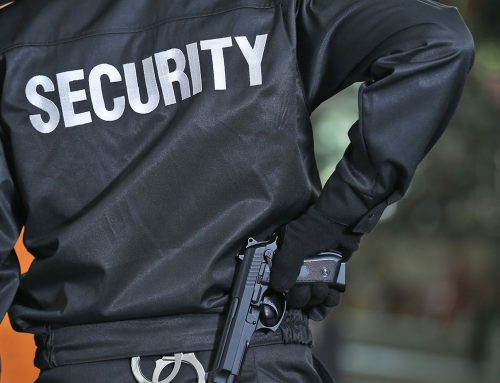Besides adhering to a strict code of conduct, security guards in Canada must also obtain training from a government-approved agency. The course of action to take depends on which field and province they want to work in.
Some local authorities accept training completed in different provinces. Others require candidates to complete the training in the province they want to work. There are also several levels of courses, but each of them has some common elements.
Here is what training you have to complete to become a security guard in Canada.
Eligibility
Before starting your preparatory course, you must prove your eligibility to become a security guard in Canada. For this, you must be:
- At least 18 years of age
- Eligible to live and work in Canada
- Have a clean criminal record in Canada
- Prepared to comply with the Security Guard Code of Conduct in your state
- Able to pass health screenings and fitness tests
Basic Training
The Basic Security Guard Training Course is the minimum requirement to become a licensed security guard in Canada. In most provinces, this course lasts 40 hours, while in others, it only takes 32 hours to complete.
The subjects covered by this course include:
- Introduction to The Security Industry
- Handling Uniforms and Equipment
- Official Security Guard Act and Regulation
- Basic Security Procedures
- Taking Statements and Writing Notes
- Retail Loss Prevention
- Emergency Response Preparation
- Sensitivity and Intelligence Training
- General Principles of Evidence Gathering
- Understanding of the Canadian Legal System
- Cooperation with Local Authorities
- Effective Communication Methods
- Use of Force in Theory
- Introduction to Anti-Terrorism
The completion of this course is mandatory before applying for an advanced class or position. Keep in mind that the subjects included in this list may differ in the different provinces.
After completing the course, you must apply for a training completion number and pass the final exam in all provinces before officially becoming a security guard.
Advanced Training
The Advanced Use of Force Training course enables security guards to apply a reasonable amount of force against uncooperative individuals.
The topics of this course may include:
- Renewal of Use of Force Theory including History
- Introduction to Use of Force in Practice
- Security Guard Legislation and Definitions
- Cooperation with Federal Authority
- Charter of Rights and Freedoms
- Case Laws and Civil Law
- Recognizing Threat Factors in Real-Time
- Situational Awareness
- Public Interest
- Physiological Training (including how to deal with emotionally disturbed individuals)
- Applying Less Violent Options
- Types of Force and Their Justification
- Use of Force Levels and Procedures
- Use of Force Checklists
- Handcuff and Baton Techniques
- Arrest Procedures
Part of this course is held in a classroom setting, and the second part is done in a training field where the practical subjects are taught. Only candidates who qualify by completing the basic course and obtaining a health certificate can access this level.

Armed Guard Training
Those with experience as entry-level security guards (and have completed the advanced training course) can apply for an Armed Security Guard Training Course. Apart from giving them a chance to obtain a permit to carry a firearm, this course also allows them to brush up on their theoretical and practical knowledge from the advanced training.
That being said, most provinces have strict regulations about obtaining a firearm license, and only security guards working in certain areas are given this opportunity. Typically, only those who guard money and precious metals will be allowed to carry a firearm while on the job.
To obtain this permit, they must first produce proof that they hold a valid Possession and Acquisition Licence (PAL) and an Authorization to Carry (ATC) under the Canadian Firearms Act. This is followed by a thorough background check (for criminal history, finances, etc.).
When you pass all that, you will be undergoing strict training involving firearm safety and handling. Having passed this test, the training agency will still require you to refresh your practical knowledge.
You must also learn the legal way to use firearms as a security guard. While this is a much more rigorous training process, it prepares you for roles only the best (and highest paid) security guards in Canada can fulfill.
Online Training
Several provinces allow online security guard training, albeit only for the basic level that includes theoretical knowledge.
However, those interested in obtaining entry-level training often find following the course from the comfort of their home very convenient. After paying the appropriate fees, you can even take your exam online, and still save a considerable amount of money and time.
Not all provinces accept certifications gained online, or they may acknowledge only the ones you get them in their jurisdiction.
If you want to apply for advanced levels, you must be prepared to attend the lectures in a classroom and training field. You must also assume all the additional training and travel expenses.
CPR and First Aid Certification
Before a candidate can register for the government Security Guard Exam, they must also become CPR and First Aid certified. The lowest acceptable First Aid training is Emergency Level First Aid and Level A CPR course.
This applies only to the entry-level certificate and only in some Canadian provinces. In most provinces, the suggested requirements for the advanced positions are Standard First Aid and Level C CPR.
In some provinces, the standard level is mandatory for all security guards. It provides you with the appropriate skills for dealing with all possible types of emergencies, which is often viewed as an advantage by hiring managers during job interviews.
Given that Emergency Level First Aid and Level A CPR take only one day of training, while the Standard First Aid and Level C CPR takes two days, it’s definitely worth going for the extended program.

Final Thoughts
In most provinces, the minimum acceptable training time involves a 40-hour basic course although, in some provinces, 32-hour training is also accepted. You must also have at least a level A certification in CPR and First Aid to prove you can handle emergencies.
Having a valid driver’s license is also a common requirement, while armed security guards will also need to have a permit to carry a firearm while on duty. Advanced courses involve high levels of physical training and a health certificate issued by a local health agency.
All these requirements vary from one Canadian province to another, so make sure to look into the ones that apply in the province where you plan to work as a security guard.






